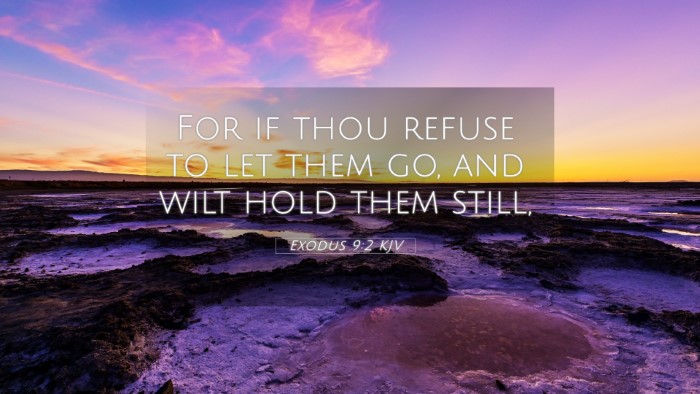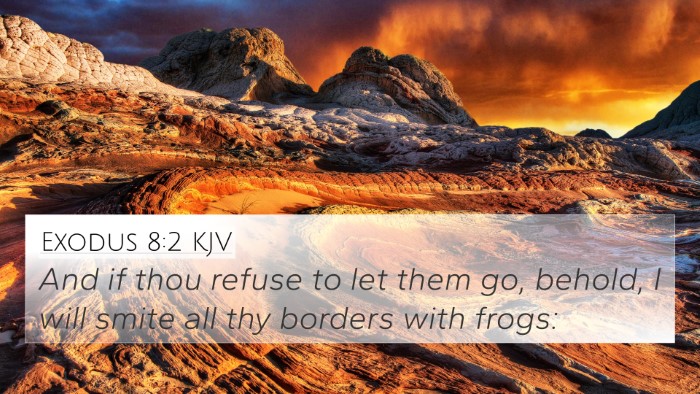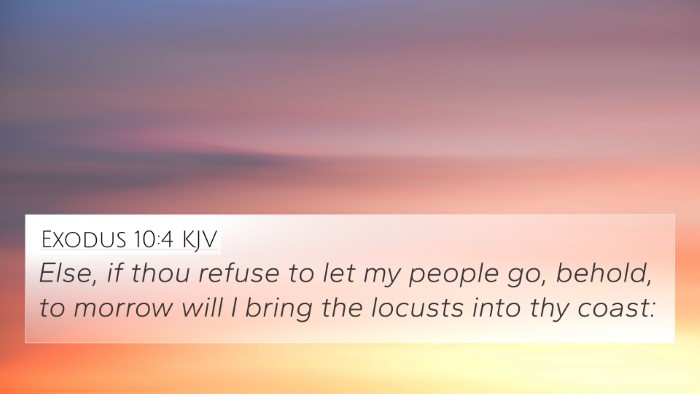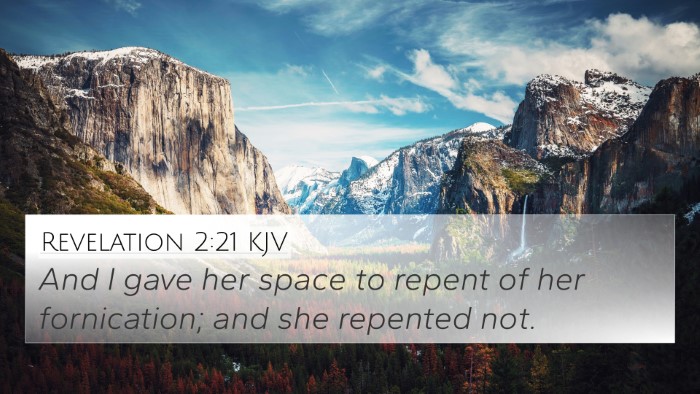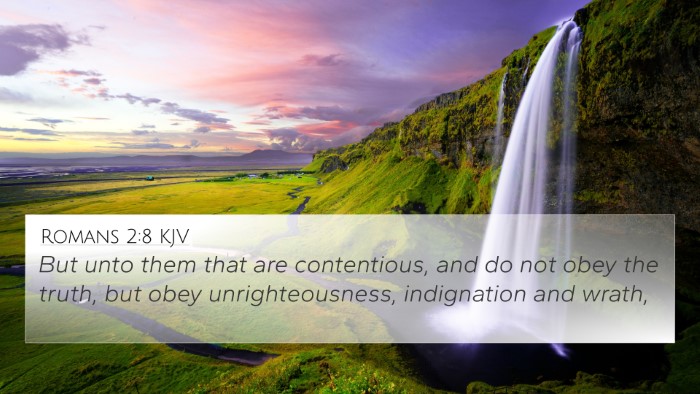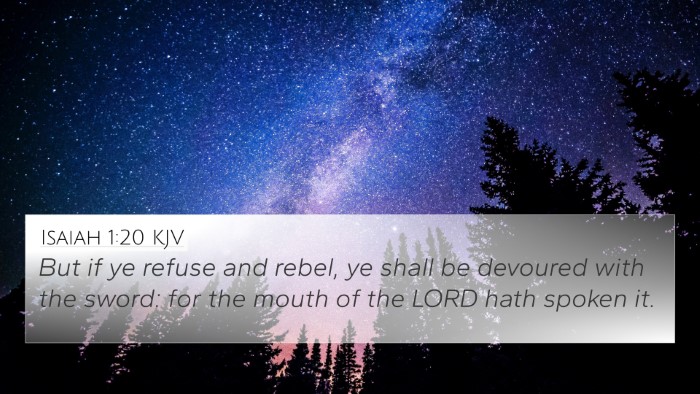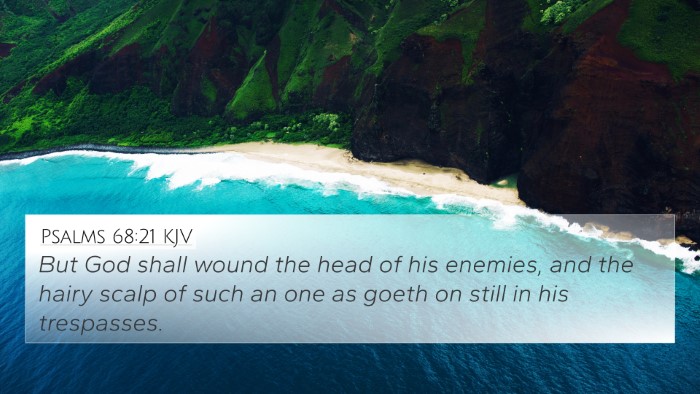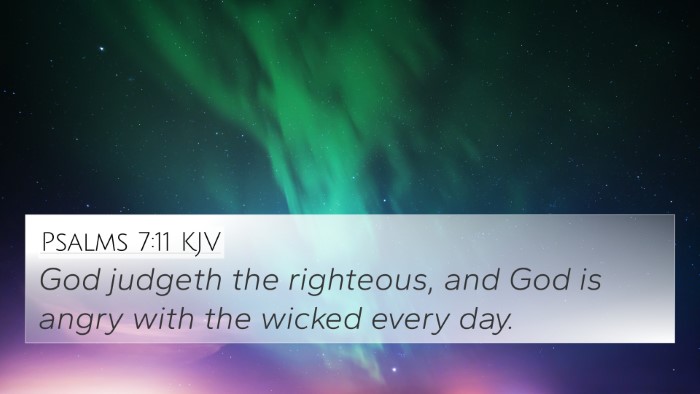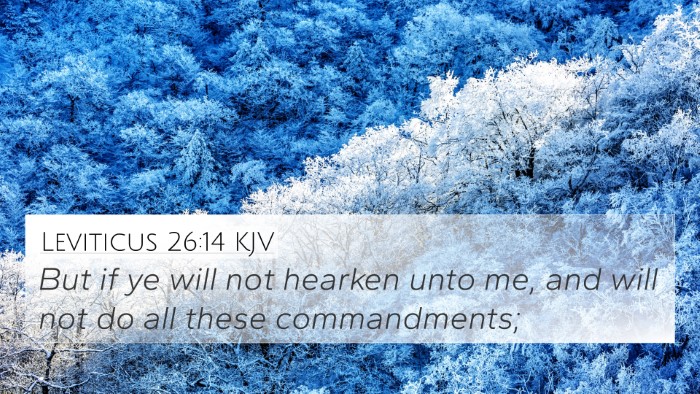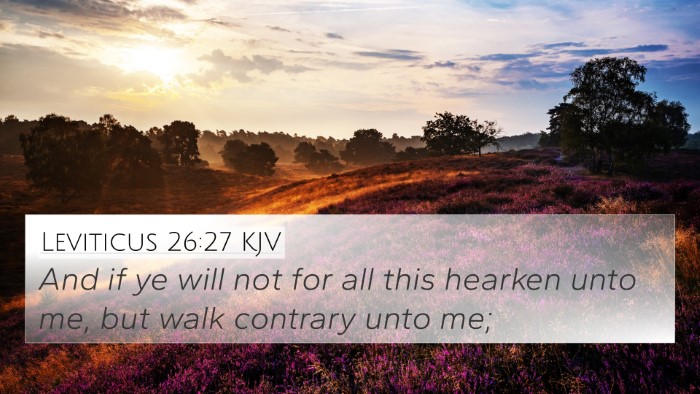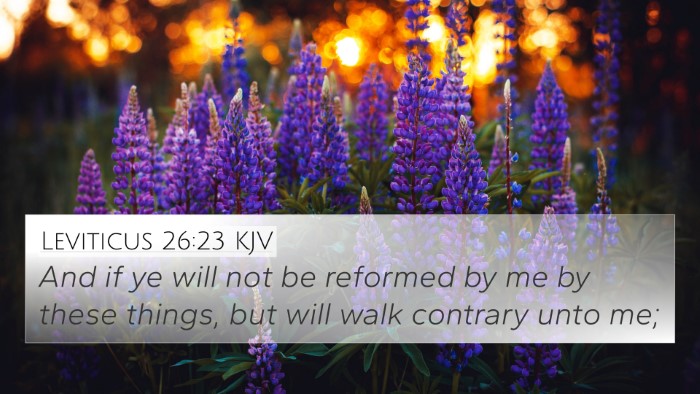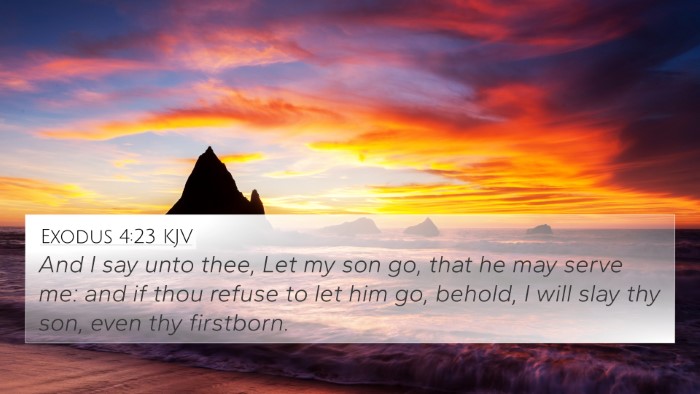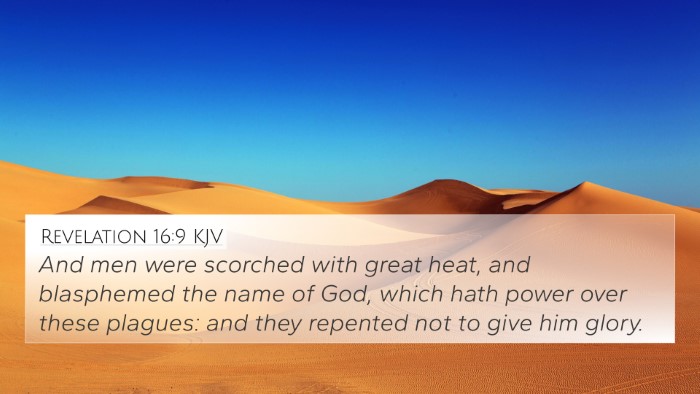Exodus 9:2 - Meaning and Interpretation
Text of Exodus 9:2: "If you refuse to let them go and continue to hold them back..."
This verse is part of the narrative concerning the plagues of Egypt, where God sends Moses to demand the release of the Israelites from slavery. The refusal of Pharaoh to comply with God's command leads to dire consequences.
Summary of Insights
According to public domain commentaries by Matthew Henry, Albert Barnes, and Adam Clarke, Exodus 9:2 highlights God's authority over human rulers and the consequent judgment that awaits those who defy His will. Here’s a detailed exploration of its meaning:
-
Matthew Henry's Commentary:
Henry emphasizes the sovereign control God has over creation and the stubbornness of Pharaoh as a reflection of a hardened heart. He notes that the refusal to obey God's command signifies broader disobedience and invites judgment.
-
Albert Barnes' Notes:
Barnes points out the insistence on God’s message through Moses as vital for understanding the relationship between God and Pharaoh. This verse underlines the tension between divine command and human rebellion, leading to escalating plagues.
-
Adam Clarke's Commentary:
Clarke discusses the implications of Pharaoh’s hard heart, suggesting that his continual disobedience serves as a warning to all generations about the dangers of resisting God’s will, and how such rebellion leads to greater calamity.
Key Themes and Connections
In examining Exodus 9:2, several thematic connections and cross-references emerge:
- God's Authority Over Nations: This verse connects to Psalm 118:6, which states, "The Lord is on my side; I will not fear. What can man do to me?"
- Divine Judgment: The judgment theme resonates with Romans 1:18-20, where God's wrath is revealed against unrighteousness.
- Stubbornness of Heart: The refusal to let the Israelites go is echoed in Proverbs 29:1, warning about the consequences of hardening one’s heart.
- Call to Repentance: 9:3 suggests a divine call for Pharaoh to repent, which parallels the New Testament theme found in Matthew 3:2, urging the need for repentance.
- Deliverance from Bondage: This is a precursor to the deliverance mentioned in John 8:36, "So if the Son sets you free, you will be free indeed."
- God's Patience: The decision to send Moses multiple times demonstrates God’s patience, related to 2 Peter 3:9, which reflects God's desire that none would perish.
- When Hardness Leads to Destruction: The consequences of Pharaoh's stubbornness culminate in final judgments in Exodus 12:29, through the death of the firstborn male.
Cross-Referencing Bible Texts
There are several tools and methods to utilize when cross-referencing Bible texts:
- Utilizing a Bible concordance can help locate related verses on specific themes or narratives.
- Employing a Bible cross-reference guide assists in following themes throughout Scriptures.
- Diving into comparative studies of Pauline epistles can reveal similar themes of disobedience and judgment.
- Identifying connections between Old and New Testament texts can deepen understanding, particularly in prophetic and fulfillment contexts.
- For decoding thematic Bible verse connections, tools like the Bible reference resources or a cross-reference Bible study are invaluable for sermon preparation and individual study.
Conclusion
Exodus 9:2 serves as a cautionary tale about the consequences of disobedience against God’s will. Through the lenses of major biblical commentaries, the verse illustrates how refusing divine instruction can lead to dire outcomes, reinforcing essential themes of authority, judgment, and the power of repentance.

